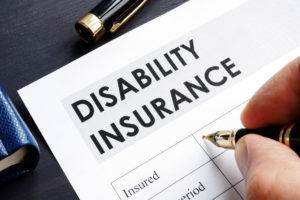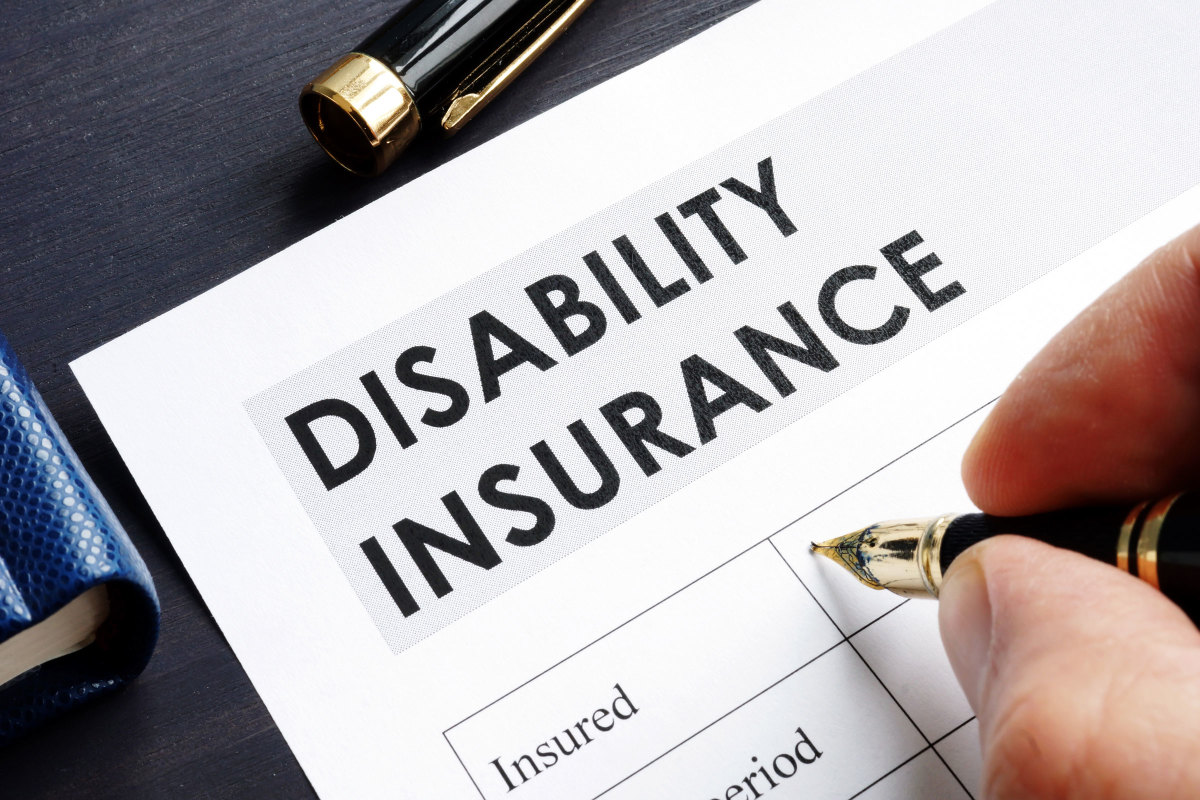What would happen if you were involved in an accident or got sick and were unable to collect a paycheck? How would you support yourself? Your family?

Enter disability insurance, perhaps one of the most practical insurance policies in existence.* This protection, according to the Insurance Information Institute, “pays an insured person an income when that person is unable to work because of an accident or illness.” In other words, it protects your future income.
If you are employed, the chances are good you have some disability protection. (The first thing to do is check with your human resources director to see if you’re covered, whether there is a waiting period and how long payments last should you have to file a claim.)
You may also have some public disability protection through Social Security and your state’s workers’ compensation law. Coverage through the former depends on how long you’ve been employed and how much you’ve paid into the system. Either way, it’s best not to rely solely on Social Security for disability protection. Same goes for workers’ compensation—don’t rely on it exclusively. Treat them as safety nets.
There are two primary types of private (for purchase) disability policies: short-term and long-term. Short Term policies have little to no waiting period before benefits kick in but have a shorter benefit term, often less than two years. Long-term policies have a longer waiting period (a few weeks to a few months) but once the policy starts paying, it can last until you retire.
So which one should you buy?
Here’s an unambiguous partial answer:
At the very least, you should have a long-term disability policy.
When it comes to short-term plans, however, there are differing schools of thought. The appeal of short-term disability is that the benefits come quickly if you can’t work. But, there are other ways to protect yourself from a short-term loss of income. In a September 2006 article, the financial gurus at Motley Fool suggest buying a long-term disability policy for a long-term scenario and creating a personal rainy day fund for a short-term one. “For short-term needs, you are better off funneling pricey premium payments into a liquid emergency fund. This way, if you never need it, it’s your money!”
Let’s assume you’re ready to buy a long-term policy. What should you look for? Most important: Make sure you buy a “non-cancelable” policy that pays benefits until you’re 65. “Non-cancelable means the policy cannot be canceled by the insurance company, except for nonpayment of premiums,” says the Insurance Information Institute. “This gives you the right to renew the policy every year without an increase in the premium or a reduction in benefits.” And while a ‘guaranteed renewable’ policy may sound better, such plans can get more expensive over time.
Policies with shorter terms may have attractive price tags, but they’re a gamble; again, Motley Fool:
Unless you have direct access to Nancy Reagan’s astrologer, don’t purchase an “accident-only” policy or one with a limited benefit term (five and 10 years are common). Sure, these policies are cheaper, but they don’t cover disabling illnesses or the whole of your working life, respectively. Who knows what the future holds?
Indeed. Check out these disability resources for more information:
Insurance Information Institute: http://www.iii.org/
Social Security Administration: http://www.ssa.gov/
America’s Health Insurance Plans: http://www.ahip.org
* Some states, like Texas, do not recognize disability insurance. Check with your department of insurance to see if you can purchase this coverage in your state.
